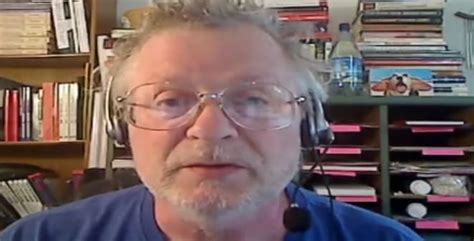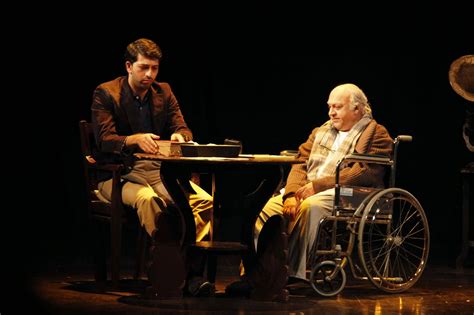A Quote by Jeff Cooper
Now how do we cultivate an aggressive response? I think the answer is indignation... Your response, if attacked, must not be fear, it must be anger.
Related Quotes
When our embassy is attacked in Benghazi by terrorists and there is no response, you get more bad behavior. When Russia invades Ukraine and there is no response, you get more bad behavior. When Syria crosses the red line and there is no response, you get more bad behavior. When Iran launches tests of ballistic missiles and there is no response, you get more bad behavior. When North Korea attacks Sony Pictures and there is no response, you get more bad behavior. In other words, Mrs. Clinton, you cannot lead from behind. We must respond when we are attacked or provoked.
It is not that I do not get angry. I don't give vent to my anger. I cultivate the quality of patience as angerlessness, and generally speaking, I succeed. But I only control my anger when it comes. How I find it possible to control it would be a useless question, for it is a habit that everyone must cultivate and must succeed in forming by constant practice.
For the multifold secret to work only one thing is necessary. You must take action. You must give. You must share. You must act with abandon. Send out waves of love and kindness into the world and then simply wait for the response. Or, better yet, continue to send out more waves. Why wait? The response will come. Keep sending waves and enjoy the reaction.
Your mind, in order to defend itself starts to give life to inanimate objects. When that happens it solves the problem of stimulus and response because literally if you're by yourself you lose the element of stimulus and response. Somebody asks a question, you give a response. So, when you lose the stimulus and response, what I connected to is that you actually create all the stimulus and response.
Acceptance is not a talent you either have or don't have. It's a learned response. My meditation teacher made a great point about the difference between a reaction and a response: You may not have control over your initial reaction to something, but you can decide what your response will be. You don't have to be at the mercy of your emotions, and acceptance can be your first step toward empowerment . . . For me, acceptance has been the cornerstone to my having an emotionally healthy response to my illness.
Anger is a response that can lead to harm if we don't evaluate what we are upset about. Ask yourself what you are afraid of, as anger is almost always fear in disguise. If we think something or someone threatens us, we feel fear-fear that we are inadequate, that our lives are out of control, that things won't go our way. Then we fight. Find out what you're upset about. We rarely are upset for the reason we think.
Spoken forgiveness, no matter how heartfelt, works best when we do not demand the response we want. I mean that when we tell people we forgive them, we must leave them free to respond to our good news however they are inclined. If the response is not what we hoped for, we can go home and enjoy our own healing in private.
We cannot hope to die peacefully if our lives have been full of violence, or if our minds have mostly been agitated by emotions like anger, attachment, or fear. So if we wish to die well, we must learn how to live well: Hoping for a peaceful death, we must cultivate peace in our mind, and in our way of life.
The event is not what you should be working on. You should be working on your response or reaction to an event. You either react to it - that means you become victimized, and you say this thing is happening to you - or you respond to it and say the solution must come through you - that's where you stay focused, not on the rightness, wrongness, fairness of the event, but on the appropriateness of your response.
I think that honesty in presenting the gospel goes out the window when you want people to respond to the message, but you are prepared to accept any sort of response. Of course, the only true response is heartfelt repentance and faith. However, if you don't feel the need to be honest in your presentation, then you will calibrate your presentation of the gospel to whatever gets the response you want.
I marvel now that it was not obvious how inextricable suffering and fear are. It was not until fear left that I noticed, slowly, how it seemed to have taken suffering with it. It took a while to figure out that (for me, anyhow) suffering is mostly caused by fear-not by the circumstances themselves, but by my response to them.
Americans across our country are feeling a sense of helplessness, of uncertainty and of fear. These feelings are understandable and they are justified. But the answer must not be violence. The answer is never violence. Rather, the answer - our answer, all our answer - must be action. Calm, peaceful, collaborative and determined action. We must continue working to build trust between communities and law enforcement. We must continue working to guarantee every person in this country equal justice under the law.



































